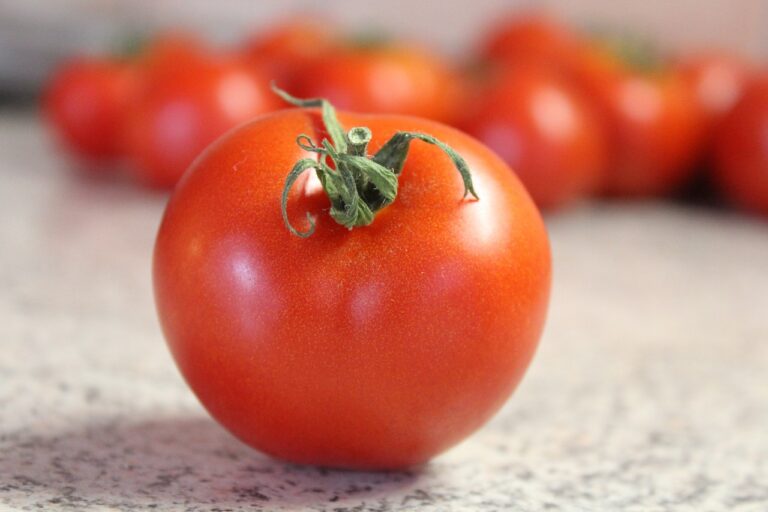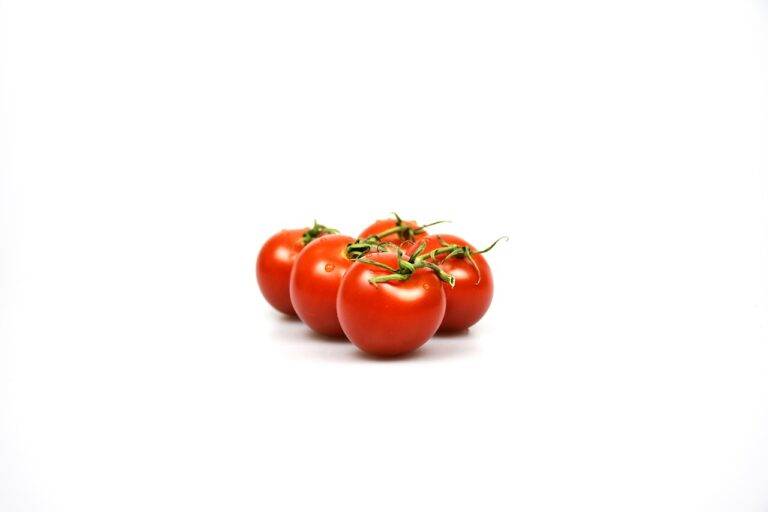The Impact of Food Additives on Food Oxidation Prevention
betbhai 9, playexch, gold365.win login: Food additives are substances added to food items to prevent spoilage, enhance flavor, improve texture, or increase shelf life. One crucial aspect of food additives is their role in preventing food oxidation. Oxidation is a chemical reaction that occurs when food is exposed to oxygen, leading to changes in color, flavor, aroma, and texture. Food additives play a significant role in preventing oxidation and extending the shelf life of various food products.
Importance of Preventing Food Oxidation
Oxidation is a natural process that occurs in all living organisms, including fruits, vegetables, meats, and fats. When food is exposed to oxygen, it undergoes a series of chemical reactions that can lead to the development of off-flavors, rancidity, and spoilage. Preventing food oxidation is essential to maintain the quality and safety of food products, as well as to meet consumer expectations for fresh and flavorful foods.
Food additives are commonly used to prevent oxidation in various food products. These additives act as antioxidants, which are compounds that inhibit the oxidation process by neutralizing free radicals and other reactive oxygen species. By incorporating antioxidants into food products, manufacturers can extend the shelf life of their products and maintain their quality and freshness.
Common Food Additives Used for Oxidation Prevention
There are several types of food additives that are commonly used for oxidation prevention. Some of the most common antioxidants used in food products include:
1. Vitamin E: Vitamin E is a potent antioxidant that is commonly used in food products to prevent oxidation. It can help extend the shelf life of products such as oils, nuts, seeds, and processed meats.
2. Vitamin C: Vitamin C, also known as ascorbic acid, is another antioxidant commonly used in food products. It can help prevent the browning of fruits and vegetables, as well as the rancidity of fats and oils.
3. BHA (butylated hydroxyanisole) and BHT (butylated hydroxytoluene): BHA and BHT are synthetic antioxidants that are used to prevent oxidation in a wide range of food products, including baked goods, snacks, and cereal.
4. Rosemary extract: Rosemary extract is a natural antioxidant that is commonly used in food products as a clean label alternative to synthetic antioxidants. It can help prevent oxidation in oils, meats, and other products.
These antioxidants work by scavenging free radicals and other reactive oxygen species, thereby preventing the oxidation process from occurring. They can help extend the shelf life of food products, maintain their quality and freshness, and meet consumer expectations for safe and flavorful foods.
Challenges in Using Food Additives for Oxidation Prevention
While food additives play a crucial role in preventing food oxidation, there are some challenges associated with their use. One of the main challenges is the consumer perception of synthetic antioxidants. Some consumers may be concerned about the safety of synthetic antioxidants such as BHA and BHT and may prefer natural alternatives.
Another challenge is the regulatory environment surrounding food additives. In some cases, the use of certain antioxidants may be restricted or banned in certain countries due to safety concerns. This can limit the options available to food manufacturers and make it more challenging to prevent oxidation in food products.
Additionally, there is a growing demand for clean label and natural food products, which has led to an increased focus on using natural antioxidants such as rosemary extract instead of synthetic additives. While natural antioxidants can be effective in preventing oxidation, they may be more expensive and less stable than synthetic antioxidants, leading to challenges in formulation and shelf life.
Overall, using food additives for oxidation prevention requires careful consideration of consumer preferences, regulatory requirements, and formulation challenges. By selecting the right antioxidants and understanding their properties and limitations, food manufacturers can effectively prevent oxidation and maintain the quality and safety of their products.
FAQs
Q: Are food additives safe for consumption?
A: Food additives that are approved for use in food products by regulatory authorities such as the FDA and EFSA are considered safe for consumption. These additives undergo rigorous testing to ensure they do not pose a risk to human health when used according to regulations.
Q: Can natural antioxidants be as effective as synthetic antioxidants in preventing oxidation?
A: Natural antioxidants such as vitamin E and rosemary extract can be as effective as synthetic antioxidants in preventing oxidation. However, natural antioxidants may be more expensive and less stable than synthetic counterparts, leading to formulation challenges for food manufacturers.
Q: How can I tell if a food product contains antioxidants for oxidation prevention?
A: Food products that contain antioxidants for oxidation prevention will often list these additives on the ingredient label. Look for ingredients such as vitamin E, vitamin C, BHA, BHT, or rosemary extract to identify products that contain antioxidants.
In conclusion, food additives play a crucial role in preventing food oxidation and maintaining the quality and safety of food products. By understanding the importance of oxidation prevention, the types of antioxidants used in food products, and the challenges associated with their use, food manufacturers can effectively extend the shelf life of their products and meet consumer expectations for fresh and flavorful foods.







